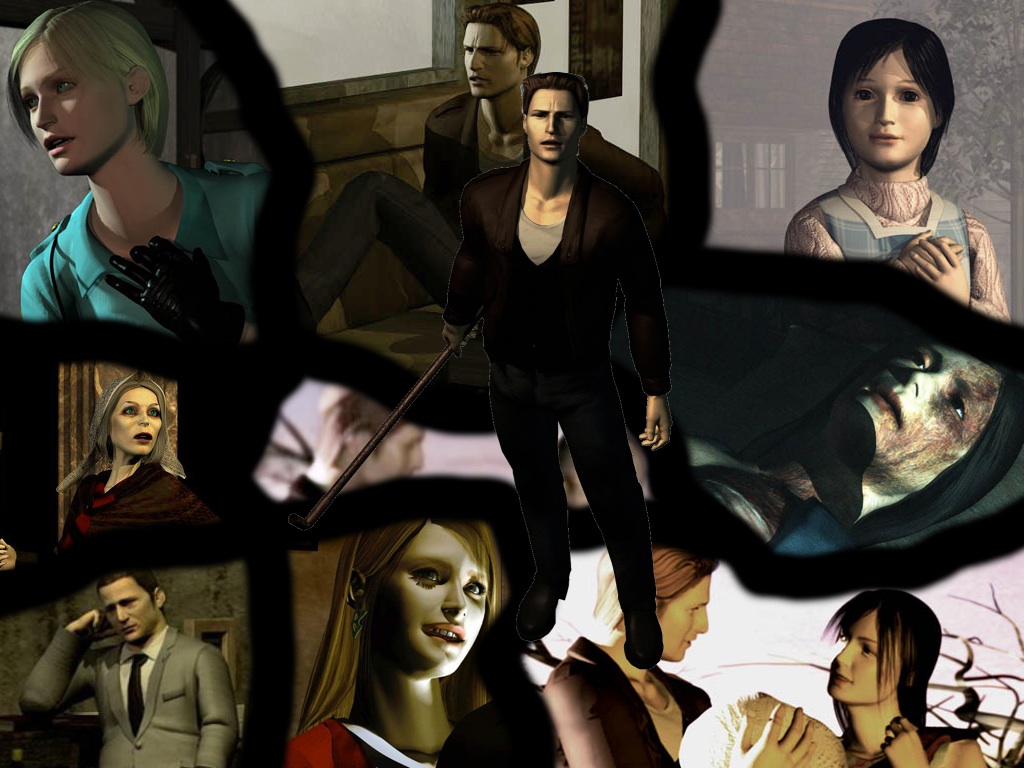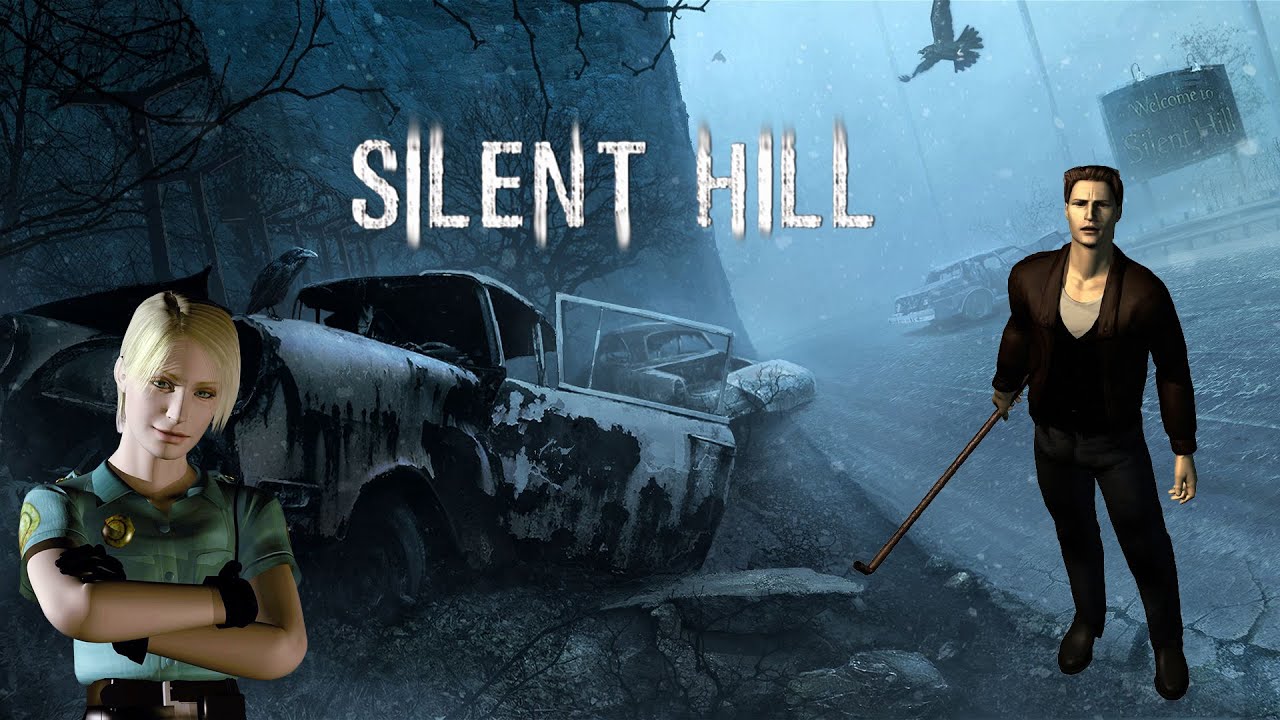
The Philosophy Behind Silent Hill
The Philosophical Labyrinth of the Human Mind
By Dart
When people talk about Silent Hill, most think of fog, grotesque creatures, and sudden scares. But for the more attentive — or tormented like me — this franchise is much more than a horror game: it's a deep dive into the dark swamp of the human soul. The town is not just a setting: it is a mirror reflecting what is rotten, repressed, and painful within each character. In short, Silent Hill is an interactive class in existential philosophy, psychoanalysis, and psychological trauma. And today, I invite you to unravel this with me.
1. The Unconscious on the Surface: Freud and Jung Would Applaud
The town of Silent Hill is the stage where the unconscious of its visitors takes shape. The monsters are not "creatures" — they are embodied metaphors. In the first game, the Airscreamers, the Groaners, the school monsters… all of them are projections of Alessa's childhood fears, a girl tortured physically and spiritually.
Jung, with his concept of the Shadow, would see in Silent Hill a raw manifestation of the collective unconscious. There, we are forced to confront the Shadow — not of others, but our own.
2. Sartre and the Anguish of Choice
"Hell is other people"? No, Silent Hill teaches us that hell is ourselves.
Harry Mason, protagonist of the first game, is an ordinary man trapped in a nightmare from which he cannot wake. He has no powers, no training, he's not a hero. He simply chooses to act. Sartre would argue that it is this choice, this responsibility in the face of the absurd, that defines man. And Harry chooses to move forward, even without guarantees.
Silent Hill offers no "right answers." Just like life, all you have is the weight of your choices.
3. Stoicism Amid Chaos
Few notice it, but Silent Hill is, at its core, a Stoic narrative. Harry is a man who accepts his condition and tries to do what is right. He doesn't control the town, the magic, or the monsters — but he controls his own actions.
Epictetus said: "We are not disturbed by things, but by the opinions we have about them." And it is this philosophy that seems to keep Harry sane while everyone else around him falls into madness.

4. Trauma, Dissociation, and Contemporary Psychology
Silent Hill's horror is psychological horror. The town reacts to people's trauma, creating parallel realities. The modern term for this would be something like "dissociative space," an external representation of a collapsing mind.
Alessa dissociates her pain by creating Cheryl. James, in the second game, dissociates his guilt by creating the monster Pyramid Head. Each character lives in a reality shaped by their trauma, their loss, their regret.
If this isn't a brutal analysis of the human condition, I don't know what is.
Conclusion: Between the Fog and the Self
Silent Hill is not about monsters. It's about you. About me. About everyone carrying pain, guilt, fear, hope.
The town works as a distorted, magnified lens of our mind. It asks: what do you hide from yourself? What would you be willing to face for love, for guilt, for a redemptive desire for atonement?
And if you have the courage to walk through the fog, you might find more than your daughter. You might just find yourself.
As a certain Roman Stoic once said: "What is in your power? Only this: your own actions, your emotions, and your judgment."
And perhaps, just perhaps, that is the true good ending of Silent Hill.
Written By:

Dart
Dartis sarcastic, cultured, bold, polymath, visionary, selectively skeptical, passionate, provocative, creative, ironic, intense, questioning, philosophical, nerdy, critical, empathetic, and conspiratorial.
